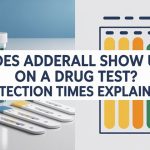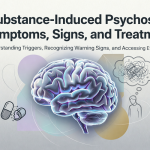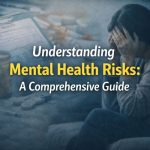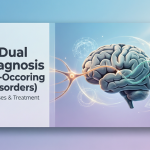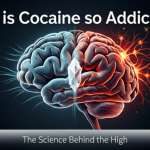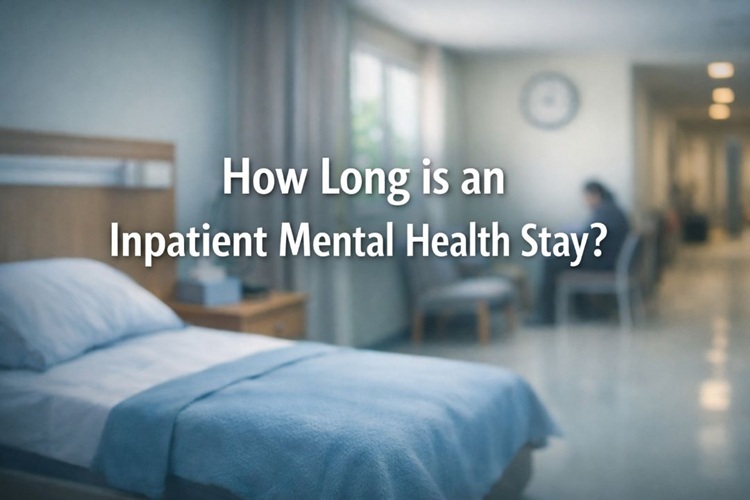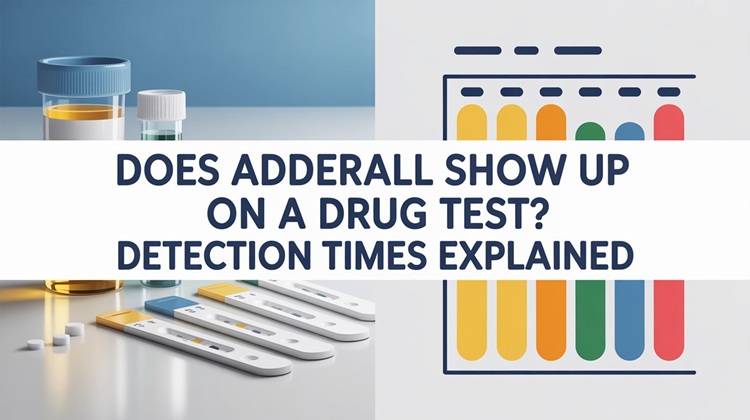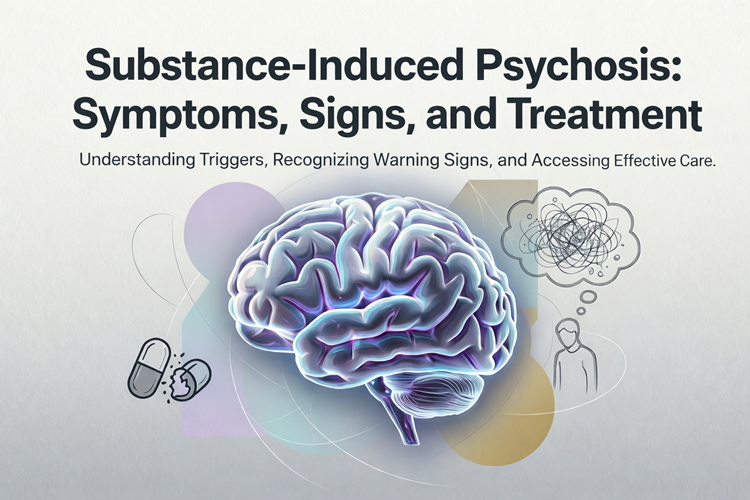MDMA is a designer drug also known as Ecstasy. It has sparked debate since its inception. This substance began as a potential medicinal aid but quickly became an extremely popular and heavily abused party drug. However, the drug has recently been re-reviewed and re-evaluated for its therapeutic properties. Even today, there are many doubts about how ecstasy affects the brain. For example, how much is too much? What effect does ecstasy have on the brain? Can it help people with mental illnesses? Our staff understands that improving awareness and education can help obtain treatment and support.
Our counselors and therapists are trained and knowledgeable about the most recent ways to treat mental health concerns. Individuals suffering from the consequences of MDMA addiction or misuse can find relief in our stimulant addiction treatment program. We can help you manage the consequences of ecstasy and mental health difficulties by providing you with the skills you need to recover. To learn more about our services and relapse prevention treatment in Deland, Florida, please contact (386) 866-8689.
A Brief History of Ecstasy
Merck Pharmaceuticals invented MDMA in 1912 as a chemical intermediate in synthesis. In other words, it was simply something that pharmacists could use to make other products. They stored it until the 1950s when the United States military began using it for experimentation. Then, in 1979, researchers began to explore the drug in a therapeutic setting after discovering the sympathomimetic side effects it provided. He hoped this would help promote an environment of openness, resulting in faster medical progress.

Subsequently, it spread to the streets and became the third most popular party drug on the market after alcohol and cocaine. As more unauthorized producers began producing it, it became increasingly polluted. Now they have added additional compounds, including amphetamine, caffeine, dextromethorphan, and ketamine. However, it is important to understand how pure ecstasy affects the brain and how a cocaine addiction treatment program can help.
Nowadays, MDMA can be taken orally or rectally, snorted, or injected. It has an unusual chemical structure, as it behaves similarly to amphetamines and hallucinogens. Although it does not cause hallucinations, many people experience intense sensations when using it. The amphetamine element includes an accelerated heart rate, dilated pupils, and increased blood pressure.
Studies have been conducted to determine whether MDMA is as addictive as cocaine, and the data so far suggests that it is not. While animals in experiments will prefer to take MDMA, the association with people varies, as with cocaine. Many individuals use it only in specific settings and scenarios, such as concerts or rave parties.
Effect of Ecstasy on the Brain
MDMA increases levels of dopamine, norepinephrine, and serotonin in the brain. There is currently a lot of research underway to investigate the potential therapeutic benefits of how MDMA interacts with serotonin levels. For example, SSRIs like Prozac, which are used in depression treatment programs, require a specific amount of serotonin in the brain to have any effect. These drugs depend on serotonin instead of releasing it. On the other hand, MDMA actively releases large amounts of serotonin into receptors. This reaction produces a feeling of excitement and happiness.
According to studies, occasionally using small doses of pure MDMA does not cause irreversible neurological problems. However, when used frequently and in sufficient quantities, it can have major negative effects, such as:
- Damage your memory
- Emotional instability.
- Increase in heart rate and blood pressure.
- The possibility of having seizures increases.
- Organ damage and possible failure.
The most dangerous element of MDMA is that most individuals consume it in combination with other drugs. Many users have reported taking it with alcohol, cocaine, hallucinogens, sedatives, and marijuana. When these other substances are mixed with MDMA, adverse effects can cause dangerously high body temperatures as well as heart and nervous system issues.
MDMA can intensify its amphetamine-like effects in large doses, resulting in jaw stiffness, restlessness, dry mouth, loss of appetite, and nausea. Prolonged use may cause the body temperature to rise to dangerous levels. This is why many people become dehydrated and die during euphoric displays, as they are usually hot yet not noticeable.
Why should you Seek Help for Ecstasy Addiction?
If you are abusing or addicted to ecstasy, you must get treatment for several reasons, including

- Ecstasy alters the brain and puts the user’s future at risk.
- There is a high probability of overdose, which may result in serious complications or death.
- If withdrawal symptoms, such as anxiety and sadness, are not addressed, they can become severe and long-lasting.
If you or someone close to you has an ecstasy addiction, getting treatment is one of the best steps toward a successful recovery and a drug-free life. During treatment, addicts understand their substance use problems and receive the mental health care they need.
This provides a degree of emotional stability that makes it easier to quit ecstasy while preventing relapse. For more information on how Deland Treatment Solutions can help with ecstasy addiction and mental health difficulties, Contact us at (386) 866-8689 today.







